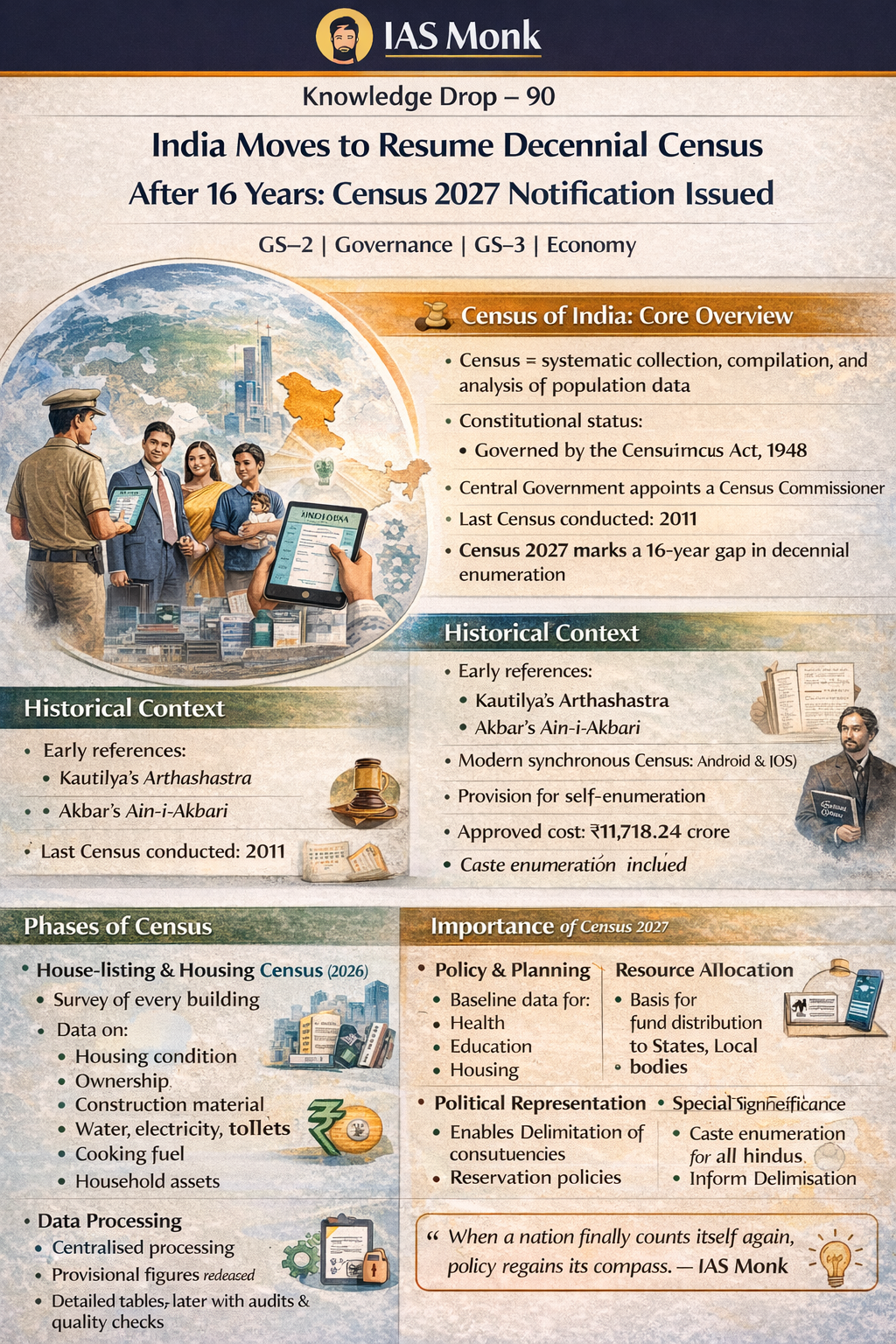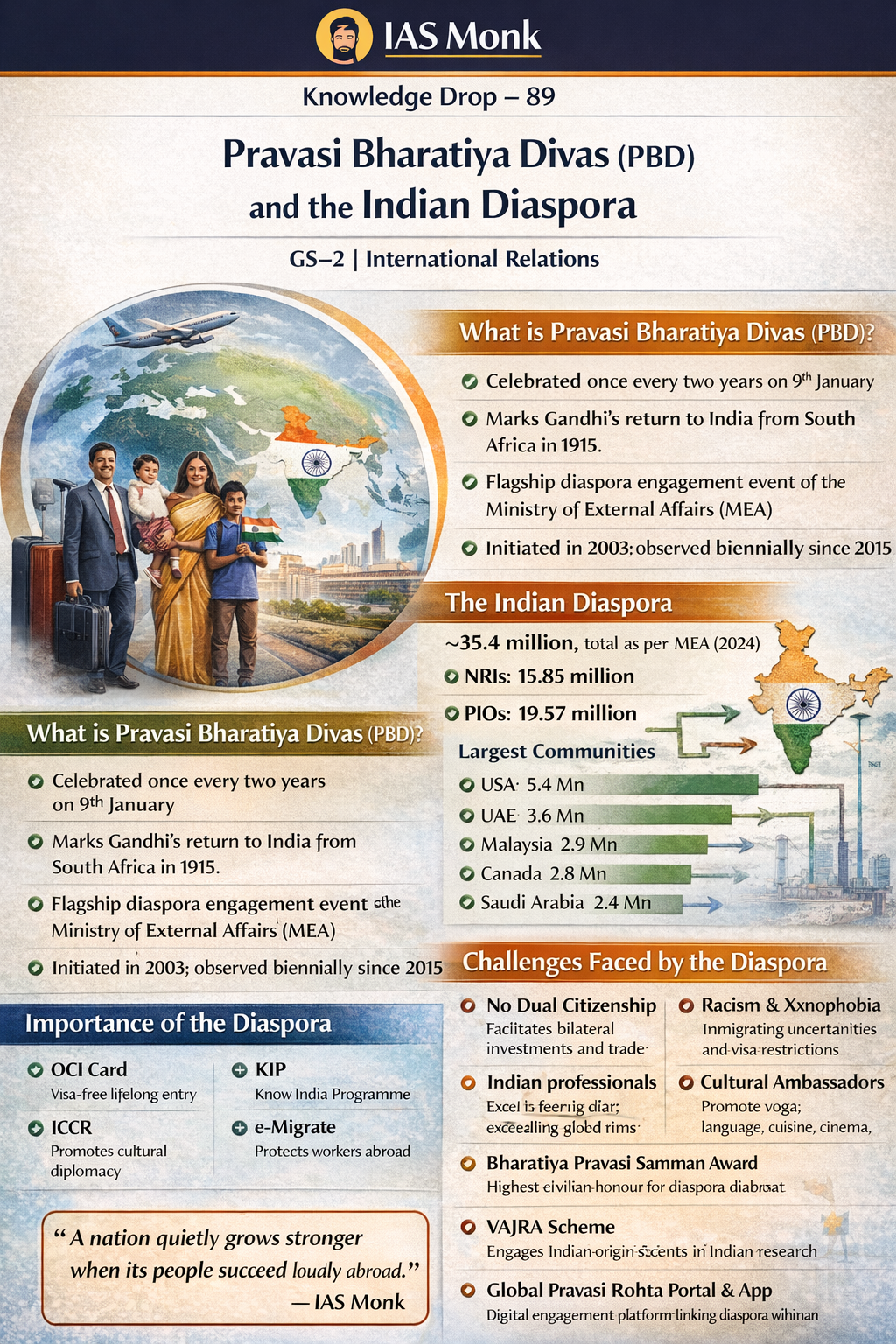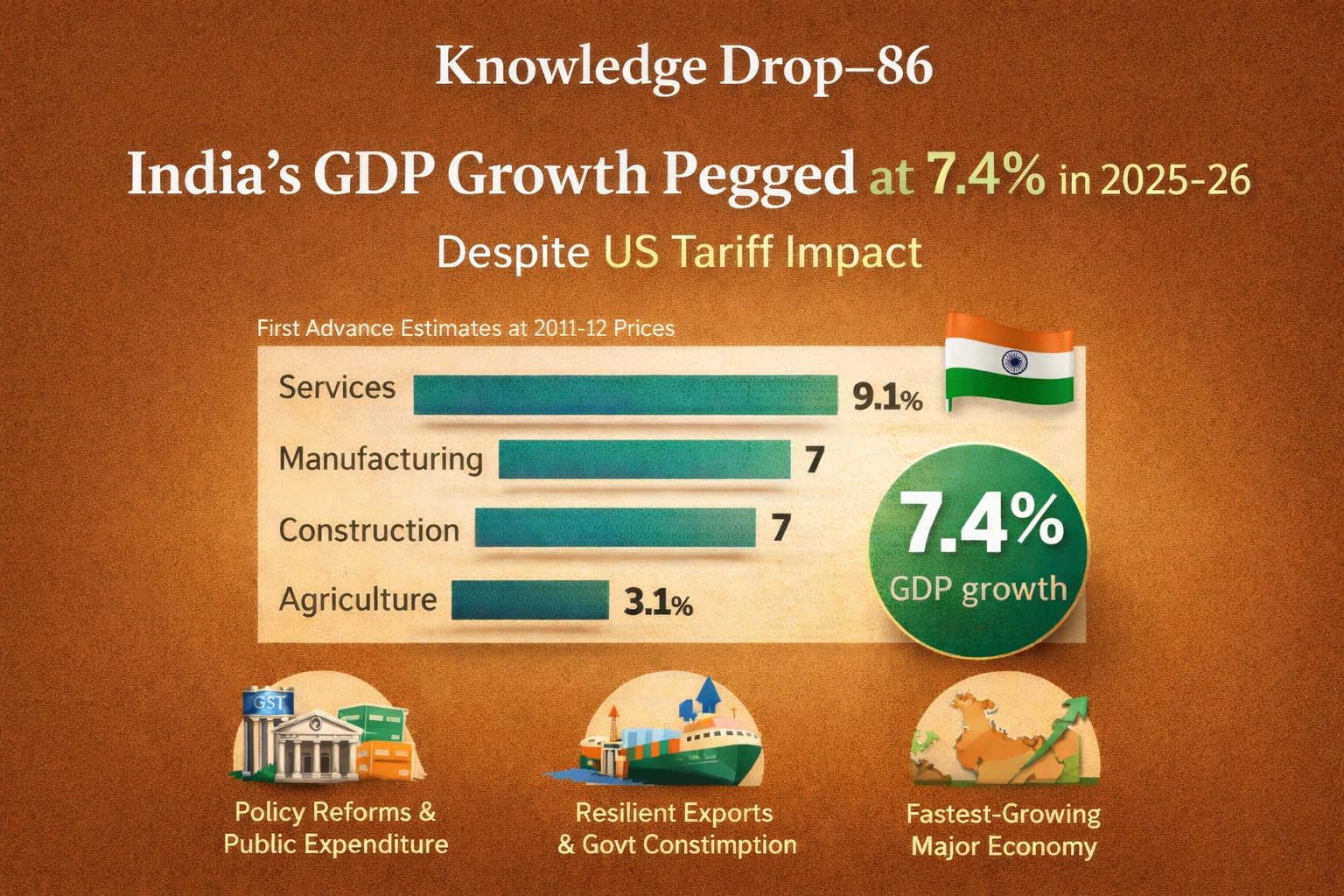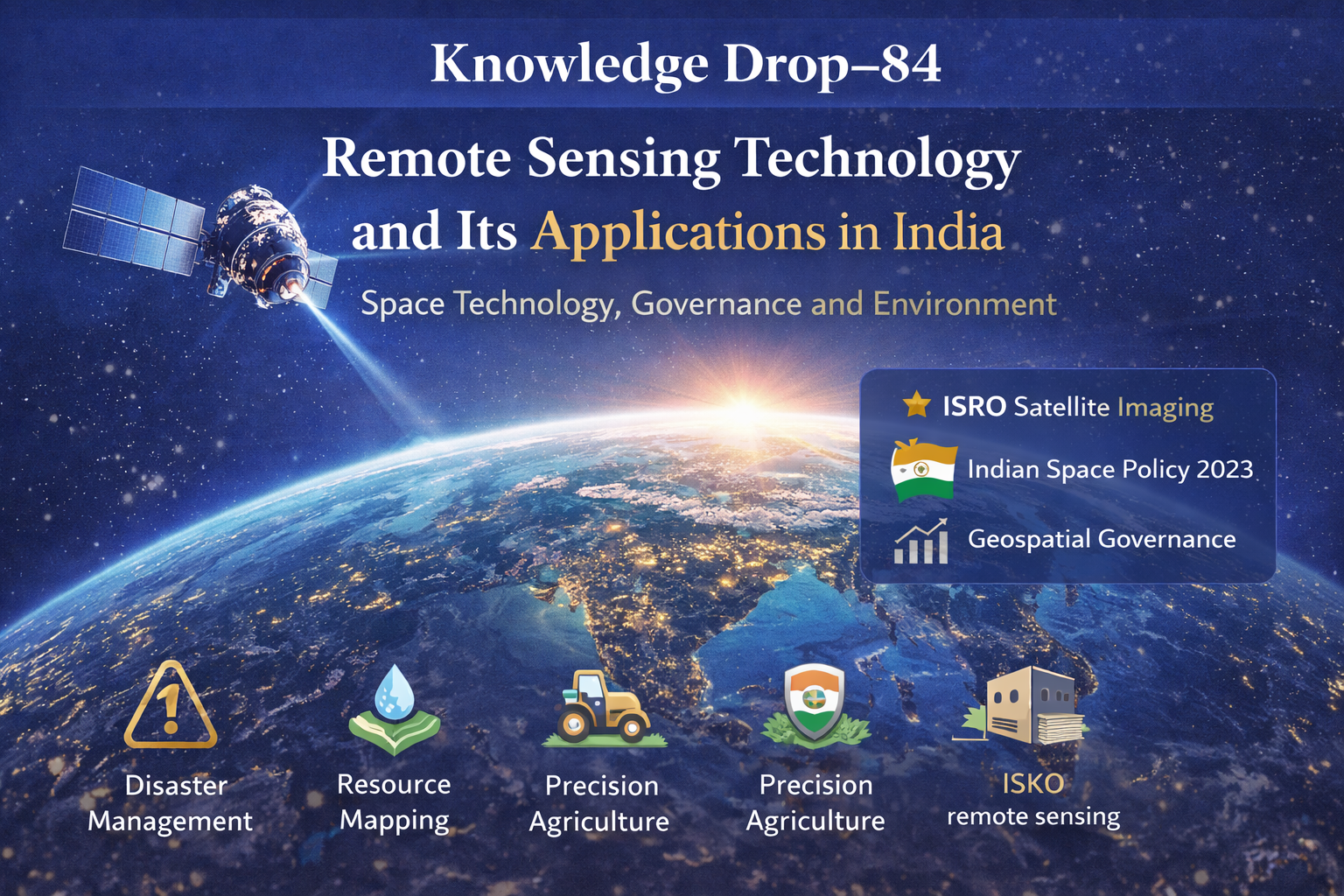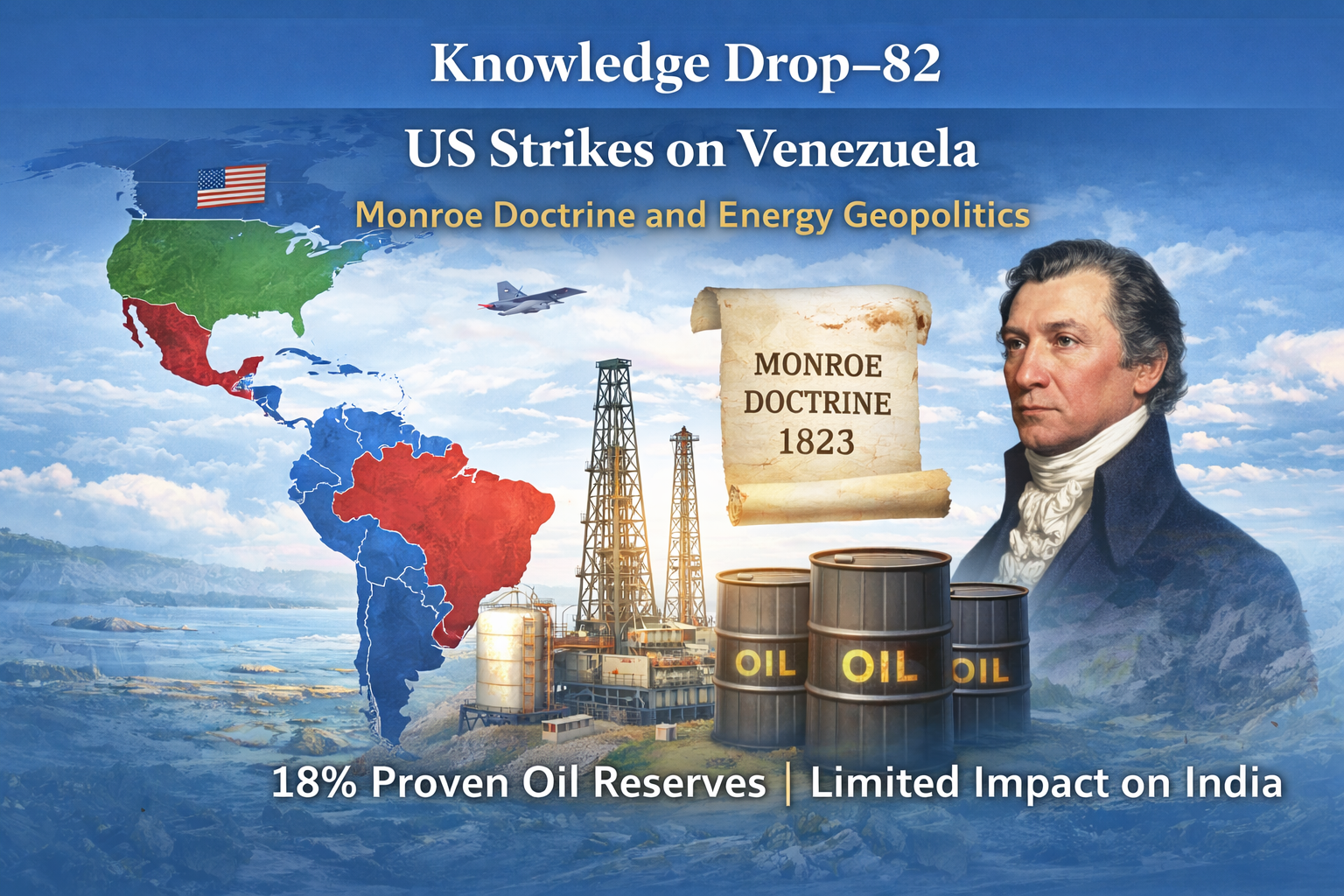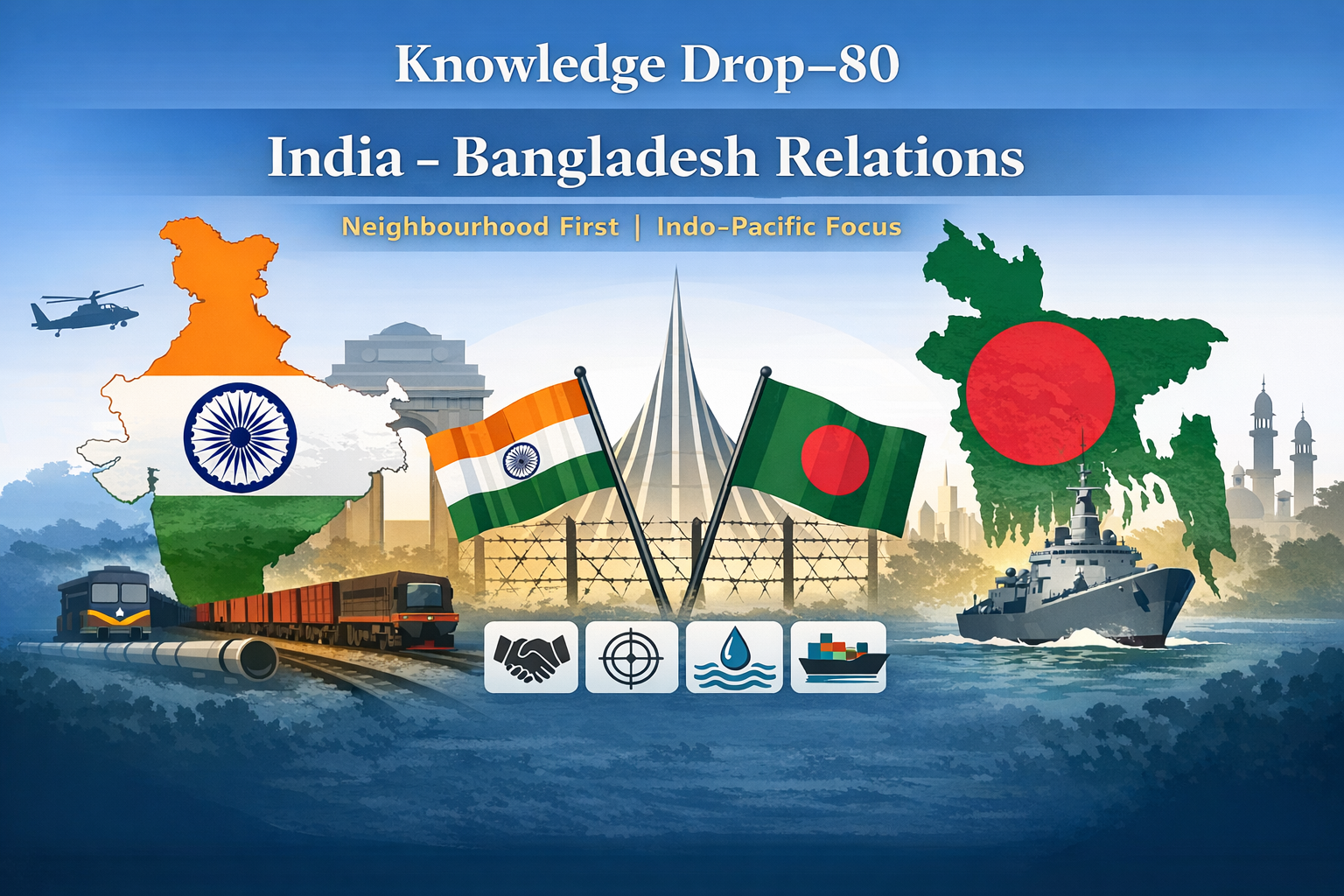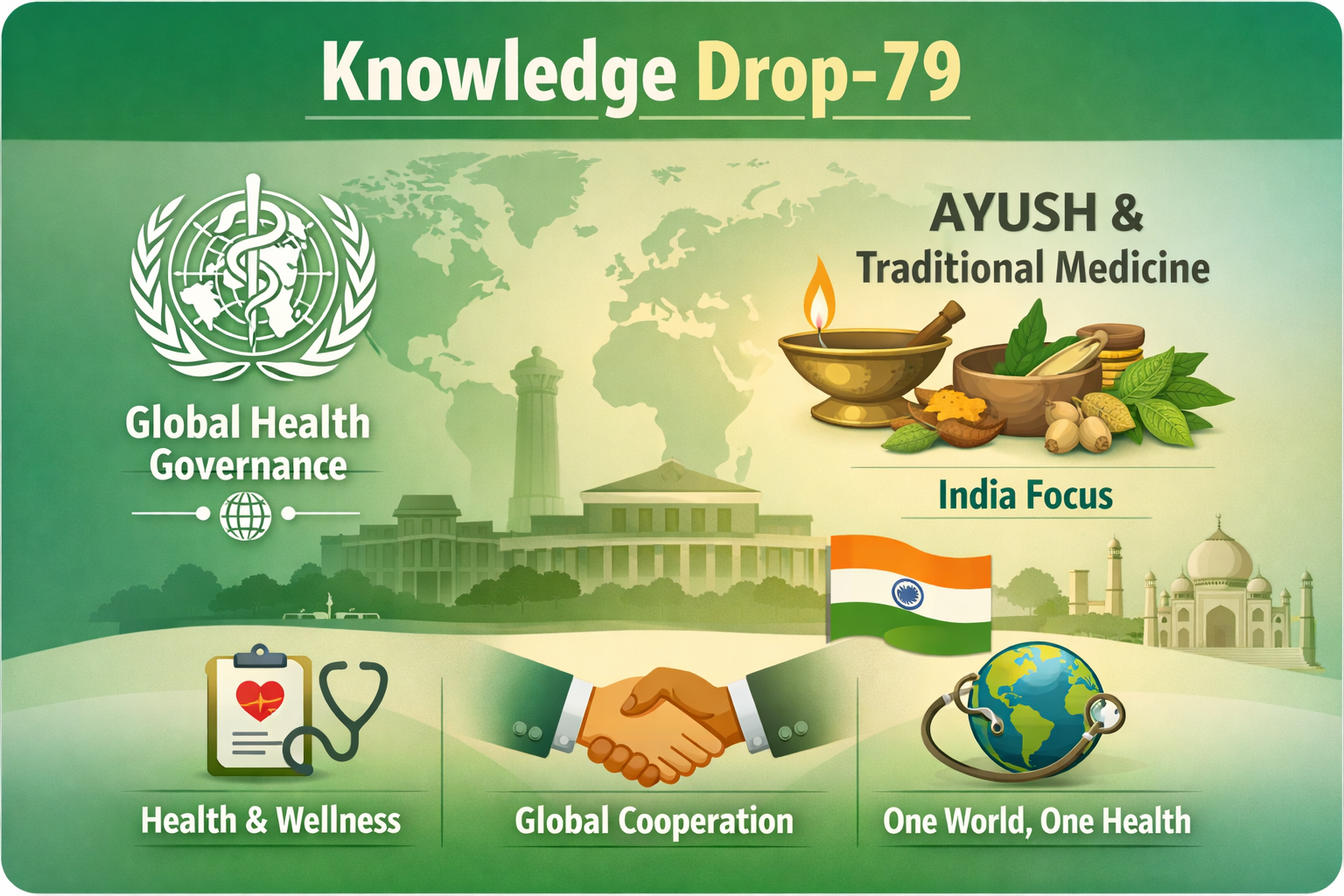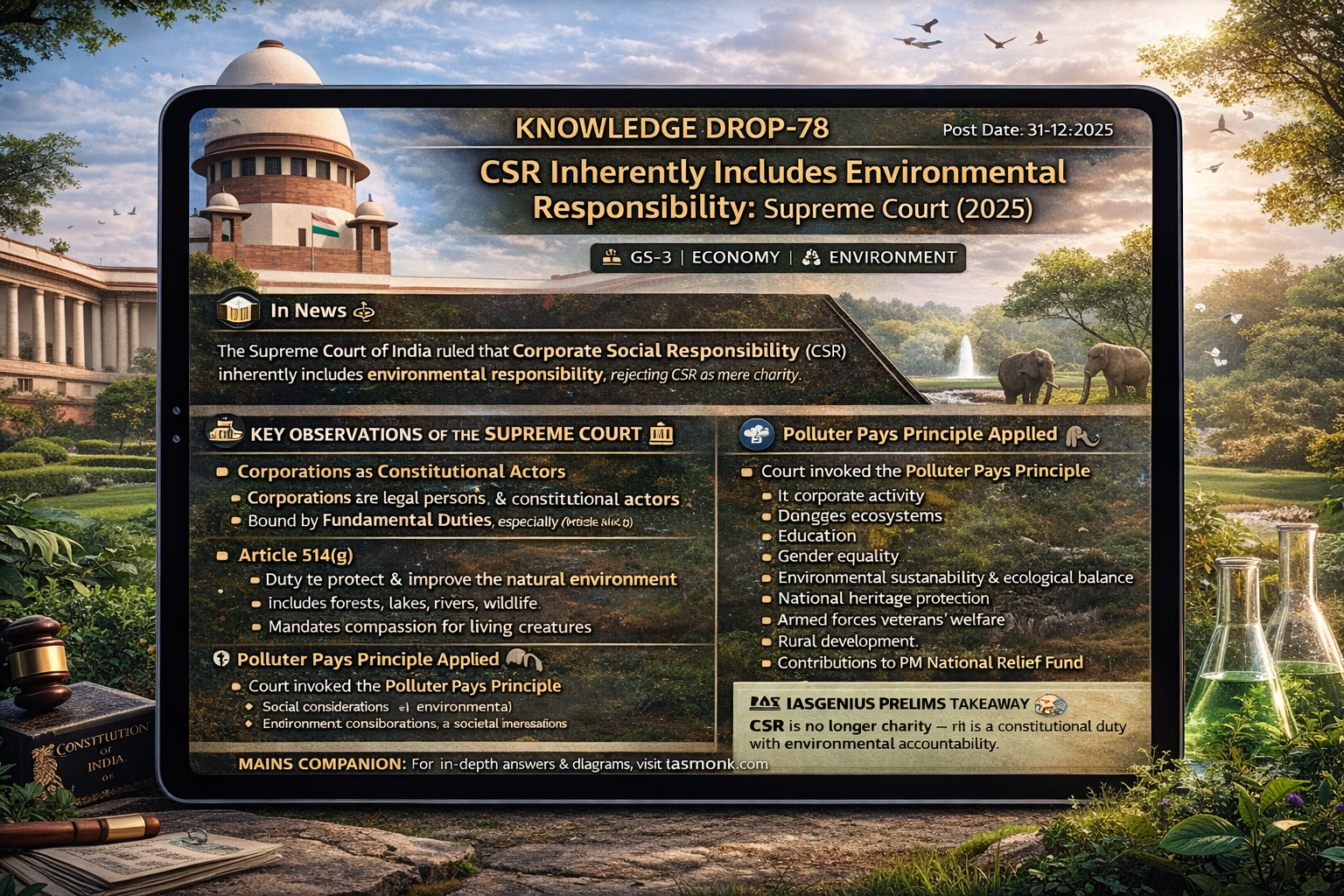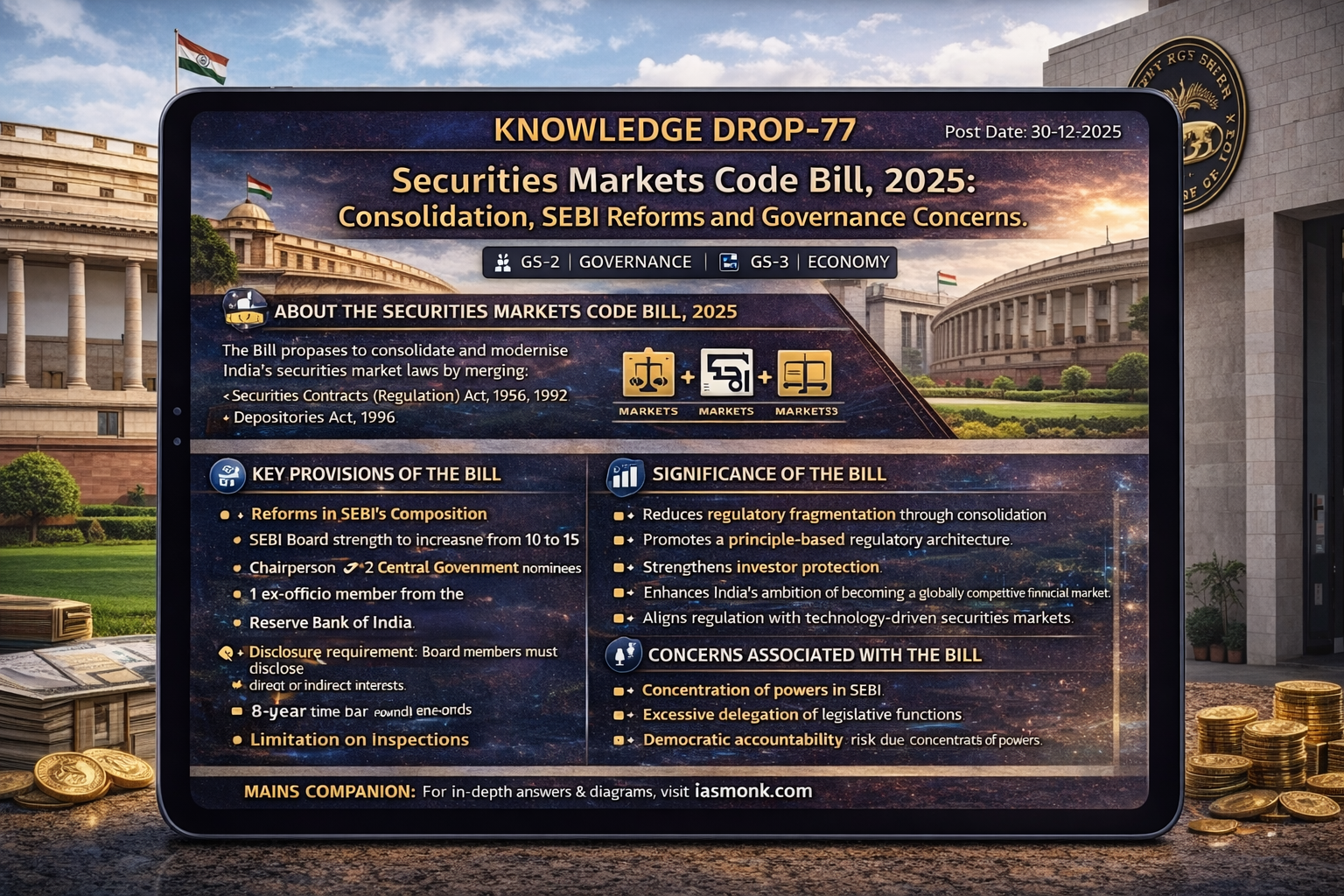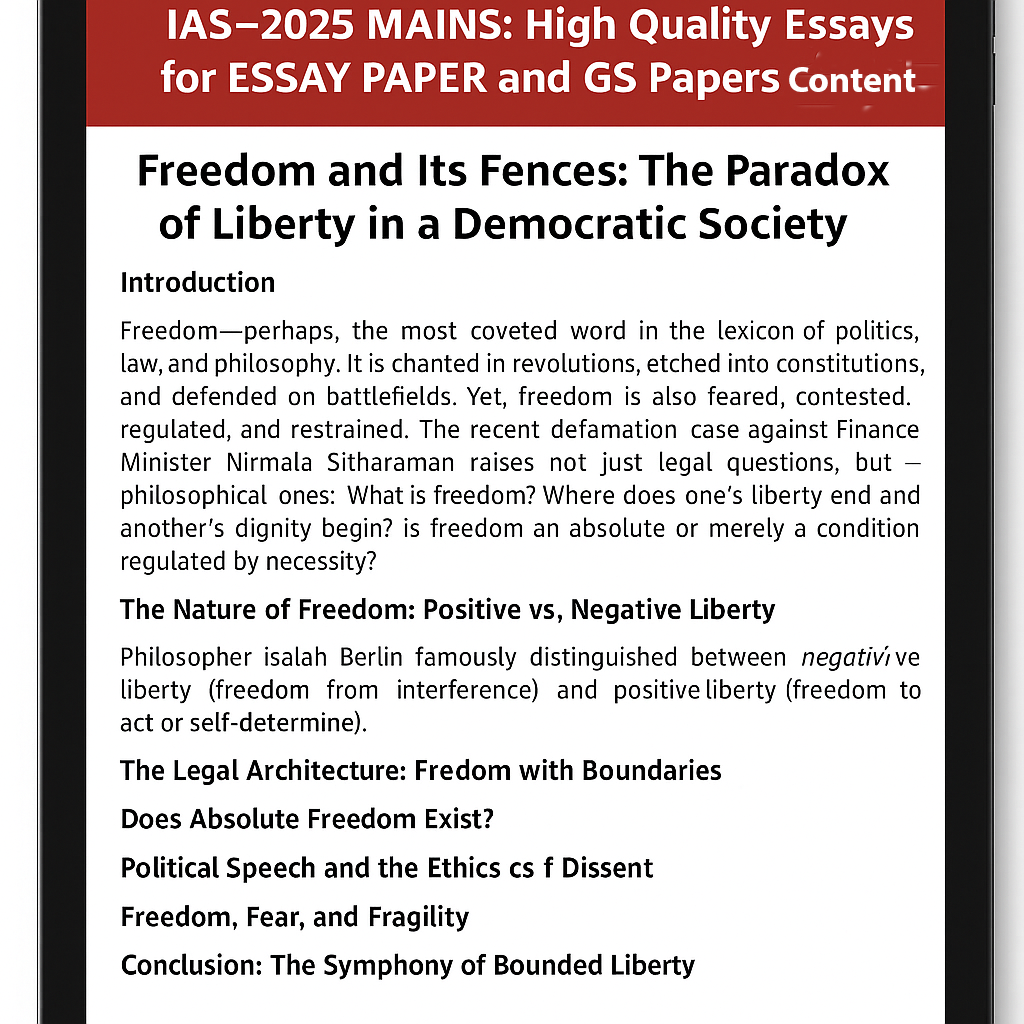
🧭June 13, 2025 Post 5: Delhi Court to Hear Defamation Suit Against FM Sitharaman | High Quality Mains Essay | Prelims MCQs
Delhi Court to Hear Defamation Suit Against FM Sitharaman

NATIONAL
📅 Post Date: June 13, 2025
📘 Thematic Focus: Governance | Legal Affairs | Political Accountability
🌀 Opening Whisper
“When power speaks, the law listens — and asks if it overstepped its echo.”
🔍 Key Highlights
- A Delhi district court has admitted a criminal defamation complaint against Union Finance Minister Nirmala Sitharaman, filed by Lipika Mitra, a civil society activist.
- The hearing is scheduled for June 26, 2025, where the court will determine prima facie grounds for summoning the minister.
- The complaint alleges that certain remarks made during a televised press conference in April 2025 were “slanderous, misleading, and damaging to reputation.”
- This case reignites debates around the limits of political speech, especially when made in an official capacity.
- The Ministry of Finance has declined to comment, citing the matter as sub judice.
📘 Concept Explainer: Defamation in Indian Law
- Defamation can be civil or criminal. Under Section 499 of IPC, criminal defamation involves a spoken or written statement harming a person’s reputation.
- Section 500 prescribes punishment up to two years, a fine, or both.
- While public officials are entitled to free speech, their statements can be challenged if they cross into personal attacks, especially in public forums.
- Landmark cases, such as Subramanian Swamy v. Union of India (2016), have upheld the constitutionality of criminal defamation but stress the need for restraint in political rhetoric.
🧭 GS Mains Mapping
- GS Paper 2 – Polity & Governance: Powers and Limitations of Ministers, Free Speech vs. Defamation
- GS Paper 4 – Ethics & Integrity: Public Responsibility and Civil Behaviour
- Essay Paper – The Ethics of Political Discourse in a Democratic Republic
💭 A Thought Spark — by IAS Monk
“The higher the office, the quieter the tongue must become—lest thunder be mistaken for truth.”
High Quality Mains Essay For Practice :
Word Limit 1000-1200
Freedom and Its Fences: The Paradox of Liberty in a Democratic Society
Introduction
Freedom—perhaps the most coveted word in the lexicon of politics, law, and philosophy. It is chanted in revolutions, etched into constitutions, and defended on battlefields. Yet, freedom is also feared, contested, regulated, and restrained. The recent defamation case against Finance Minister Nirmala Sitharaman raises not just legal questions, but philosophical ones: What is freedom? Where does one’s liberty end and another’s dignity begin? Is freedom an absolute or merely a condition regulated by necessity?
In a democracy, especially one as vast and complex as India, the question is not whether freedom exists, but what kind of freedom exists, and for whom. This essay explores the paradox of freedom, the boundaries that shape it, and the responsibilities that must accompany it, drawing from law, political theory, and moral philosophy.
The Nature of Freedom: Positive vs. Negative Liberty
Philosopher Isaiah Berlin famously distinguished between negative liberty (freedom from interference) and positive liberty (freedom to act or self-determine). In the context of speech, negative liberty implies one’s right not to be silenced; positive liberty implies one’s ability to meaningfully participate in public discourse.
But Berlin warned: positive liberty can easily morph into control disguised as empowerment. When governments claim to guide citizens “for their own good,” freedom can quickly become conditional. In contrast, unlimited negative liberty risks anarchy, where the speech of the powerful overwhelms the weak.
In the case at hand, the Finance Minister’s statements—if defamatory—may represent negative liberty exercised without restraint, challenging the positive liberty of others to protect their reputation.
The Legal Architecture: Freedom with Boundaries
The Indian Constitution guarantees freedom of speech and expression under Article 19(1)(a). But this freedom is not absolute. Article 19(2) authorizes the State to impose reasonable restrictions in the interests of decency, morality, defamation, public order, and more.
Thus, Indian democracy adopts a regulated model of liberty, where individual rights exist within a framework of social responsibility. Defamation laws—both civil and criminal—embody this balance. They protect the individual’s right to reputation, which the Supreme Court has held to be a component of Article 21: Right to Life.
So, does freedom truly exist in this paradigm? Yes—but only as long as it does not infringe upon another’s freedom.
The Ethical Core: Responsibility as the Soul of Liberty
Jean-Paul Sartre, the existentialist philosopher, argued that freedom is not the absence of restraint but the acceptance of responsibility. In Sartre’s world, humans are condemned to be free—free to choose, but not free from the consequences of those choices.
A politician’s speech, for instance, holds ripple effects—it shapes public opinion, affects reputations, and influences institutions. Freedom in such a case becomes a weapon as well as a mirror.
When public officials speak, they do not speak as private citizens. Their words carry the weight of the State, and thus, their freedom must be exercised with ethical restraint. As Spiderman’s uncle Ben said (with surprising philosophical clarity): “With great power comes great responsibility.”
Does Absolute Freedom Exist?
In practical terms, absolute freedom is a myth. Human beings are inherently interdependent. Language, law, time, relationships, and society—all function on implicit contracts and boundaries.
Even in the freest of societies:
- Speech has limits (libel, hate, obscenity).
- Movement has limits (borders, private property, quarantine).
- Thought, while inwardly free, often faces external coercion (propaganda, surveillance, peer pressure).
Thus, freedom is never unbounded. It is always negotiated, often invisible, and sometimes inherited. Even the idea of “doing what one wants” collapses when confronted by consequence, social expectation, and moral responsibility.
Political Speech and the Ethics of Dissent
A democracy thrives on critical dialogue and disagreement. Political speech, especially during crises, becomes a vehicle of dissent, reform, and public accountability. However, it also carries the risk of weaponization—where reputations are destroyed not through argument but through innuendo, falsehoods, and exaggeration.
Herein lies the paradox: The right to offend and the right not to be unfairly maligned must both be protected. If one expands unchecked, the other suffocates. The judiciary becomes the referee of this balance—not to censor, but to safeguard the integrity of discourse.
The case involving FM Sitharaman offers an opportunity to reaffirm this balance: Can high office protect a minister from the scrutiny of law? Or should the law treat all speech—powerful or powerless—with the same yardstick?
Freedom, Fear, and Fragility
Another dimension of freedom is fear. When freedom is misused by the powerful, it can lead to a culture of silence among the weak. Conversely, when citizens fear speaking truth to power, freedom becomes a shell—hollow and performative.
True freedom, then, must create an ecosystem where both power and protest coexist. It must nurture speech that is bold, not bullying; critical, not cruel.
Mahatma Gandhi understood this paradox deeply. He insisted on speaking truth to the British Empire—but did so with non-violence, truthfulness, and restraint. His freedom was rooted not in confrontation, but in conscience.
Conclusion: The Symphony of Bounded Liberty
So, does freedom really exist?
Yes—but not as a license, rather as a discipline. It exists in the dance between expression and empathy, between assertion and accountability.
In law, freedom must be measured.
In politics, freedom must be dignified.
In ethics, freedom must be conscious.
And in democracy, freedom must be shared.
The defamation case now before the Delhi court is not just about a minister and a complaint. It is a test of whether India’s democratic soul can still honor restraint as a form of strength, and whether liberty can exist without trampling dignity.
Because in the end, freedom without boundaries is noise. But freedom shaped by wisdom? That is music.
Target IAS-26: Daily MCQs :
📌 Prelims Practice MCQs
Topic: Delhi Court to Hear Defamation Suit Against FM Sitharaman
MCQ 1 – Type 1: How many of the above statements are correct?
Consider the following statements regarding the philosophical and legal dimensions of freedom:
1. Article 19(1)(a) of the Indian Constitution grants freedom of speech and expression.
2. Article 19(2) allows reasonable restrictions in cases including defamation and public order.
3. According to Sartre, freedom requires no acceptance of responsibility.
4. Positive liberty refers to freedom from interference.
A) Only two
B) Only three
C) Only one
D) All four
🌀 Didn’t get it? Click here (▸) for the Correct Answer & Explanation
✅ Correct Answer: A) Only two
🧠 Explanation:
•1) ✅ True – Article 19(1)(a) protects free speech.
•2) ✅ True – Article 19(2) provides for reasonable restrictions.
•3) ❌ False – Sartre emphasized that freedom requires responsibility.
•4) ❌ False – That defines negative liberty, not positive liberty.
MCQ 2 – Type 2: Two Statements Based
Consider the following two statements:
1. Defamation laws in India are purely civil and carry no criminal penalties.
2. The Supreme Court has upheld the constitutionality of criminal defamation.
Which of the above statement/s is/are correct?
A) Only 1 is correct
B) Only 2 is correct
C) Both are correct
D) Neither is correct
🌀 Didn’t get it? Click here (▸) for the Correct Answer & Explanation
✅ Correct Answer: B) Only 2 is correct
🧠 Explanation:
•1) ❌ False – Indian Penal Code includes Section 499 & 500 on criminal defamation.
•2) ✅ True – The SC upheld it in Subramanian Swamy v. Union of India (2016).
MCQ 3 – Type 3: Which of the statements is/are correct?
Which of the following reflect conditions necessary for balanced freedom in a democratic society?
1. Freedom guided by ethical restraint
2. Absolute liberty for public office holders
3. Legal frameworks that permit fair speech and protect dignity
4. Democratic culture that values both protest and accountability
Which of the above statements are correct?
A) 1, 3 and 4 only
B) 1 and 2 only
C) 2 and 3 only
D) All four
🌀 Didn’t get it? Click here (▸) for the Correct Answer & Explanation
✅ Correct Answer: A) 1, 3 and 4 only
🧠 Explanation:
•1) ✅ True – Ethics ensures responsibility.
•2) ❌ False – Absolute liberty risks misuse.
•3) ✅ True – Law must balance rights and responsibilities.
•4) ✅ True – Both freedom and responsibility matter in democracies.
MCQ 4 – Type 4: Direct Fact
Which philosopher distinguished between positive and negative liberty?
A) John Rawls
B) Immanuel Kant
C) Isaiah Berlin
D) Jean-Jacques Rousseau
🌀 Didn’t get it? Click here (▸) for the Correct Answer & Explanation.
✅ Correct Answer:C) Isaiah Berlin
🧠 Explanation:
• Berlin defined negative liberty as freedom from interference and positive liberty as freedom to self-govern.

